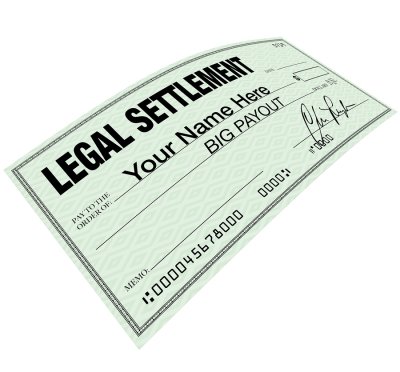If you file a personal injury lawsuit with the help of an accident lawyer in Annapolis, MD, you might successfully recover compensation through a jury award. However, it usually isn’t necessary to take injury cases to trial. Often, personal injury lawyers resolve cases through settlement arrangements. A settlement is a deal between a plaintiff and the defendant. The defendant agrees to pay the plaintiff a certain sum of money. In exchange, the plaintiff agrees not to pursue further legal action against the defendant. It is not mandatory for either party to accept a settlement offer. If a settlement offer is forthcoming, it’s your decision whether you wish to accept it or take your chances with a trial. 
Negotiated Settlements
A negotiated settlement is arranged out of court. In some cases, it may not even be necessary to file a personal injury lawsuit. For example, after a car crash, your accident lawyer can contact the insurance company directly. Your lawyer will demand a certain amount of compensation for your losses and the insurance company may give a counteroffer. It may take some back-and-forth negotiating to arrive at an acceptable settlement arrangement. If the parties cannot come to an agreement, then the case may go to court.
Structured Settlements
In some cases, plaintiffs do not receive the settlement money in one lump sum. Instead, the money may be paid at regular intervals over time. There will usually be more details that need to be worked out for a structured settlement compared to a lump sum payment. Both parties will need to agree about the total amount of compensation, the frequency of the payments, and the amount of the payments. Before agreeing to a structured settlement, be sure to discuss the pros and cons with your accident lawyer.
Economic Damages
A settlement agreement will always include compensation for the plaintiff’s economic damages. These are the calculable losses related to the incident. For example, the plaintiff may have medical bills, property damage, lost wages, and perhaps ongoing care needs.
Non-Economic Damages
In some cases, a settlement arrangement may include compensation for non-economic losses. For example, you might receive compensation for your pain and suffering, mental anguish, and loss of enjoyment of life. Non-economic damages are more likely to be included as part of a settlement when the injury case involves permanent disability or catastrophic injuries.